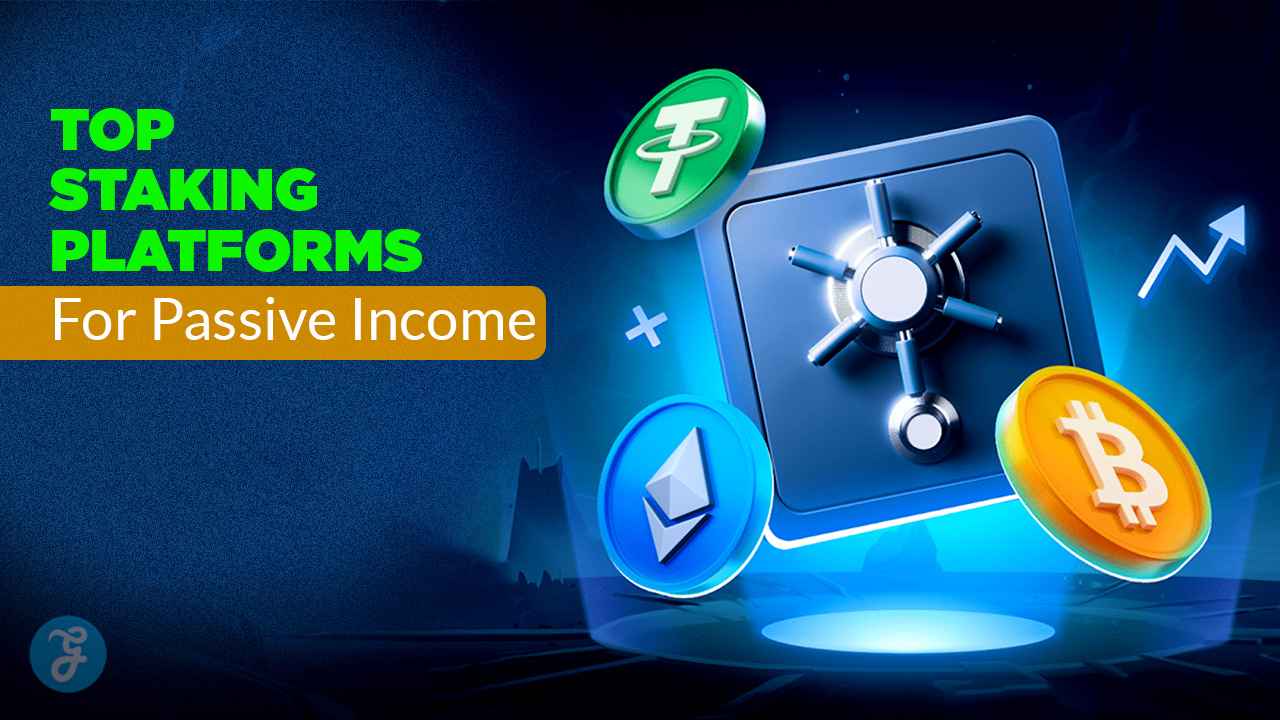Caffeine in the brain modifies the rhythm of sleep and wakefulness, affects cognitive processes and even mood. It produces great benefits in moderate quantities but its excess can bring adverse effects.
Almost everyone knows the basic effects of caffeine on the brain. It generates more attention and revitalizes us. That is why it is so common that coffee is the first drink we drink in the morning as it helps us to wake up for daily work.
The truth is that the action of caffeine in the brain is not limited to increase our state of attention, but goes much further. Experts agree that drinking coffee in moderate quantities is a healthy practice. It is estimated that up to 80% of adults in the world drink coffee.
However, when coffee is consumed in very high volumes, it causes various problems. Also, another effect of caffeine on the brain is to generate dependence. Let’s take a closer look at the subject.
Caffeine in the brain
The active ingredient in coffee is caffeine and this is a psychoactive substance. In fact, it is the most widely used psychoactive in the world. It belongs to the alkaloid family. Drugs such as morphine, nicotine or cocaine are also part of the family.
The action of caffeine in the brain is very potent. From the neurobiological point of view, it modifies the state of consciousness, activating or increasing the level of alertness. It also affects cognitive processes and has psychological effects on mood.
Read More: How Do You Remove Caffeine from Coffee?
This is because caffeine is able to modify the action of neurotransmitters in the brain. Additionally, coffee and caffeine also make influence another important number of processes in our body, such as digestion, metabolism, and vision.
Caffeine, adenosine and adrenaline
Since we wake up, our body naturally produces a substance called adenosine. This is responsible for the feeling of tiredness and leads us to feel sleepy at night. If we drink coffee, this process can be altered.
Caffeine is an adenosine antagonist. The result is that we don’t feel sleepy or we don’t feel it at the right intensity. On the other hand, this interaction between caffeine and adenosine leads the pituitary to release hormones. It will stimulate the adrenal glands to produce adrenaline.
The brain having caffeine basically blocked adenosine and increased adrenaline production. It is as if we are sending an alert message to the body. This leads to increase heart rate and more blood pumping as well as more agitated breathing.
All this together makes us feel more anxious and irritable. Another additional effect is that caffeine prevents dopamine from being reabsorbed. A neurotransmitter also affects our fatigue and rest process. Dopamine that is not reabsorbed increases its concentration.
Caffeine affects the frontal lobes in the brain
The team of Dr Florian Koppelstaetter from the Medical University of Innsbruck in Austria presented a study on the subject. In this, they claim that caffeine activates the frontal lobes of the brain. This area regulates processes such as attention and short-term memory.
There are other studies that point out that caffeine in the brain also helps memories to be fixed more easily. However, this effect is only relevant in those who do not consume coffee too often.
Caffeine also increases the ability to concentrate, especially when we are fatigued. Although the available information indicates when consumed in excess, it reduces performance in all areas and generates a state of great nervousness.
Other effects of caffeine on the body
Caffeine also helps some medications act more quickly and efficiently such as ibuprofen, acetaminophen or aspirin. In fact, there are health conditions in which coffee acts as a mild analgesic, particularly in hypotension headaches.
Coffee also makes you feel less appetite, although this feeling is not durable or relevant from the point of view of a weight loss plan. There are some studies according to which habitual coffee drinkers are less likely to die of heart disease, cancer, and diabetes, among others.
Caffeine remains a long time in our bodies. Its first effects felt fifteen minutes after ingestion and persist until five or six hours later. That is the reason why coffee in the afternoon can ruin the rest at night.
Read More: US Citizens will Get Coronavirus Vaccine for Free
Bibliographic References:
Lozano, RP, García, YA, Tafalla, DB, & Albaladejo, MF (2007). Caffeine: a nutrient, a drug, or a drug of abuse. Addictions, 19 (3), 225-238.


































